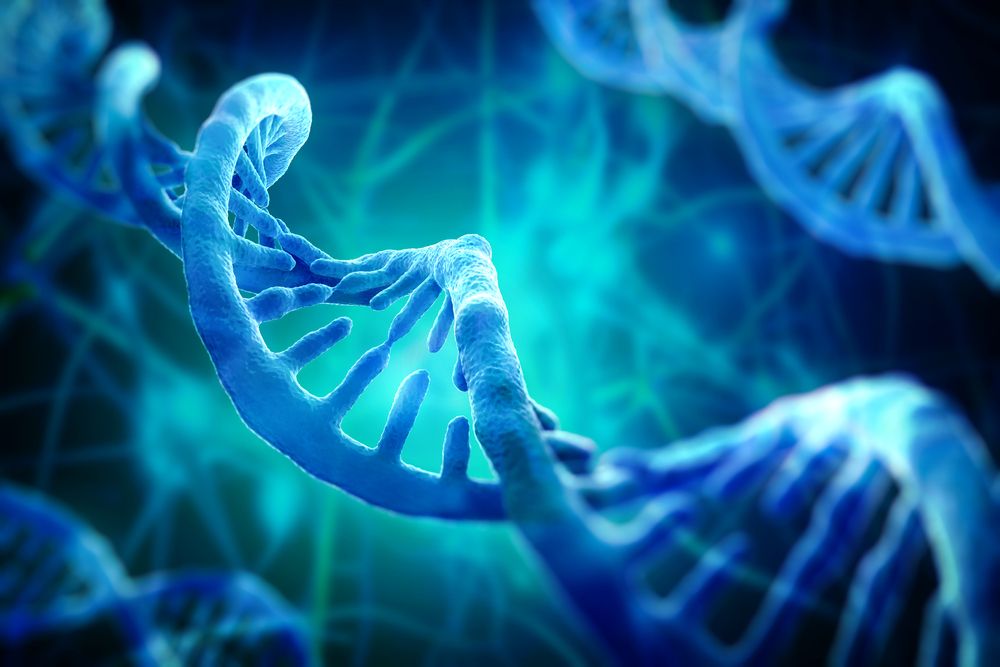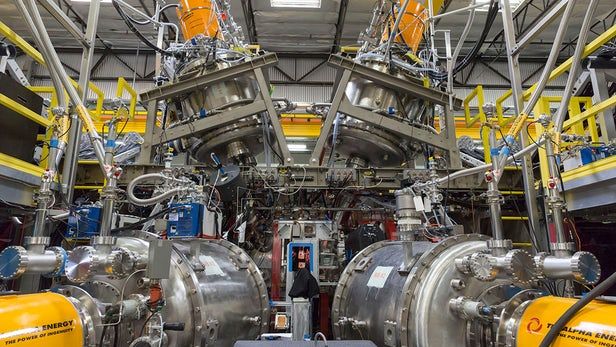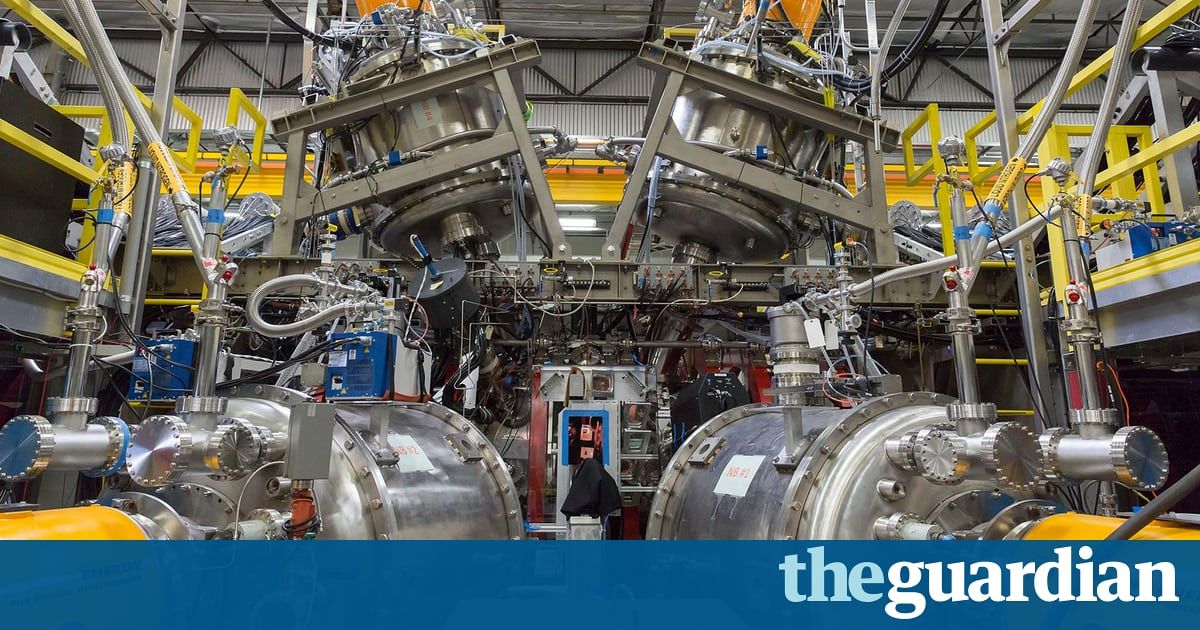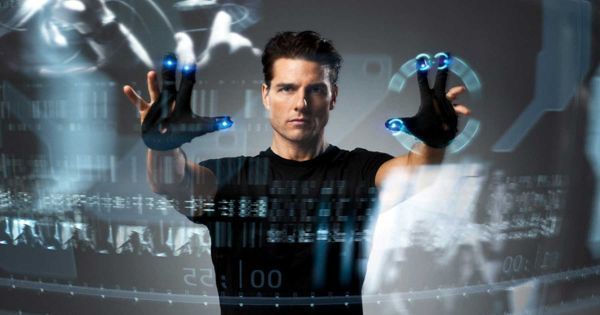Jul 26, 2017
New Study Suggests Previous Concerns about CRISPR Safety are Questionable
Posted by Steve Hill in categories: bioengineering, biotech/medical, food, genetics, life extension
Gene editing aims to make precise changes to the target DNA whilst avoiding altering other parts of the DNA. The objective of this is to remove undesirable genetic traits and introduce desirable changes in both plants and animals. For example, it could be used to make crops more drought resistant, prevent or cure inherited genetic disorders or even treat age-related diseases.
As some of you may recall, back in May a study was published which claimed that the groundbreaking gene editing technique CRISPR caused thousands of off target and potentially dangerous mutations[1]. The authors of the paper called for regulators to investigate the safety of the technique, a move that could potentially set back research years if not decades.
This publication has been widely blasted by the research community due to serious questions about the study design being raised. One of the problems with this original paper was that it involved only three mice, this is an extremely poor number to make the kind of conclusions the paper did. There have been calls for the paper to be withdrawn and critical responses to the study.


















